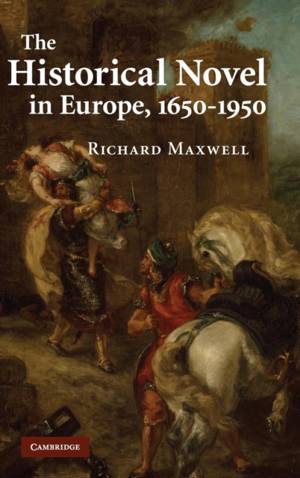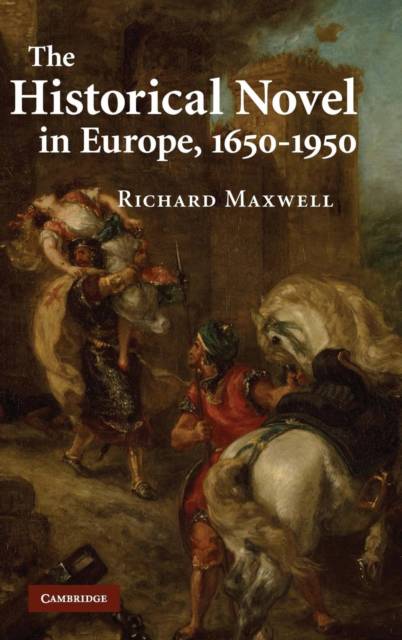
- Afhalen na 1 uur in een winkel met voorraad
- Gratis thuislevering in België vanaf € 30
- Ruim aanbod met 7 miljoen producten
- Afhalen na 1 uur in een winkel met voorraad
- Gratis thuislevering in België vanaf € 30
- Ruim aanbod met 7 miljoen producten
Zoeken
Omschrijving
A much older genre than is often thought, the historical novel has played a vital role in the development of the novel overall. It began in seventeenth-century France as a distinctive way of combining historical chronologies with fictive narratives. In Romantic Scotland, historical fiction underwent a further transformation, inspired by both antiquarian scholarship and crisis-oriented journalism. The first comprehensive study of its subject for many years, The Historical Novel in Europe highlights both the French invention and Scottish re-invention of historical fiction, showing how these two events prepared the genre's broad popularity during the nineteenth and twentieth centuries. In Europe, as well as in the Americas, the historical novel became as much a way of reading and a set of expectations as a memorable collection of books. The main authors discussed include Madame de Lafayette, the abbé Prévost, Walter Scott, Alexandre Dumas, Victor Hugo, Gustave Flaubert and Mark Twain.
Specificaties
Betrokkenen
- Auteur(s):
- Uitgeverij:
Inhoud
- Aantal bladzijden:
- 332
- Taal:
- Engels
Eigenschappen
- Productcode (EAN):
- 9780521519670
- Verschijningsdatum:
- 22/06/2009
- Uitvoering:
- Hardcover
- Formaat:
- Genaaid
- Afmetingen:
- 152 mm x 229 mm
- Gewicht:
- 657 g

Alleen bij Standaard Boekhandel
+ 345 punten op je klantenkaart van Standaard Boekhandel
Beoordelingen
We publiceren alleen reviews die voldoen aan de voorwaarden voor reviews. Bekijk onze voorwaarden voor reviews.











